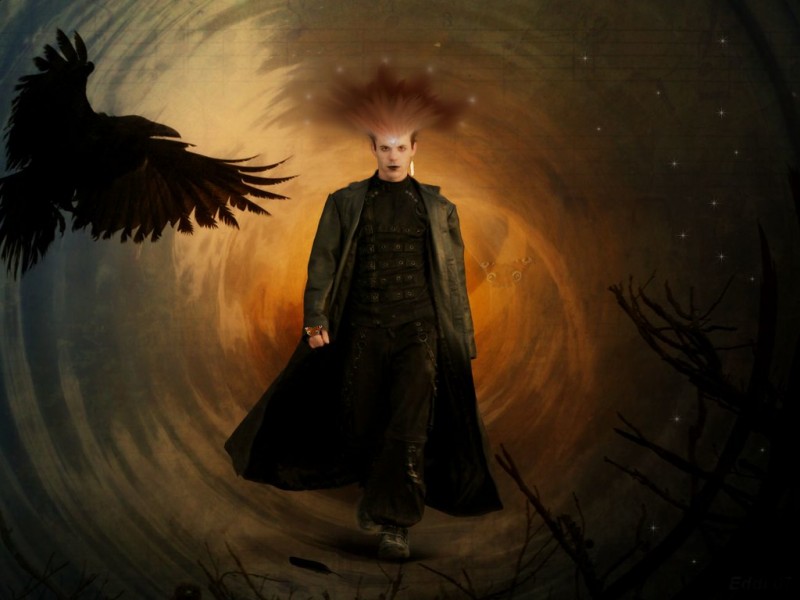
In the realm of psychology, understanding human personality is a complex and multifaceted endeavor. One approach gaining traction in recent years is the use of archetypes. These symbolic representations of fundamental human traits and behaviors offer unique insights into the human psyche. Let's delve into the world of archetypes to comprehend personality better.
Archetypes, in simple terms, are universal symbols or themes that exist in the collective unconscious of humanity. They were popularized by Swiss psychiatrist Carl Jung, who believed that these archetypal images influence our thoughts, feelings, and behaviors. They serve as a template for understanding human experiences across cultures and time.
Archetypes play a vital role in shaping our perceptions and behaviors. They provide a framework for us to interpret the world around us and the people we encounter. Here are some common archetypes and how they manifest in personality:
The Hero archetype represents courage, resilience, and the pursuit of greatness. People embodying this archetype are driven by a desire to overcome challenges and make a positive impact on the world. They often display leadership qualities and a strong sense of purpose.
The Sage archetype embodies wisdom and a thirst for knowledge. Individuals with this archetype are lifelong learners, constantly seeking to deepen their understanding of the world. They are often seen as mentors and advisors due to their profound insights.
The Lover archetype represents passion, sensuality, and a deep connection with others. Those embodying this archetype are highly attuned to their emotions and prioritize meaningful relationships. They often bring warmth and intimacy to their interactions.
The Rebel archetype thrives on challenging the status quo and breaking free from societal norms. People with this archetype are often seen as non-conformists and trailblazers. They advocate for change and innovation.
Discovering your dominant archetypes can provide valuable insights into your personality. It helps you understand your motivations, strengths, and areas for growth. Here's how you can explore your archetypal patterns:
Take time to reflect on your life experiences, values, and behaviors. Are there recurring themes or patterns that emerge? Do certain archetypal traits resonate with you more than others?
Several tools and assessments are available to help you identify your dominant archetypes. These assessments use a series of questions to pinpoint your archetypal preferences.
Consulting with a therapist or psychologist trained in archetypal psychology can be incredibly enlightening. They can provide personalized insights into your archetypal makeup and how it influences your life.
While we each have dominant archetypes, it's important to remember that we are not limited to them. Integrating various archetypal energies allows for personal growth and a more holistic understanding of oneself. Embracing the full spectrum of archetypes within us can lead to a richer and more fulfilling life.
In conclusion, archetypes offer a fascinating lens through which we can explore and understand our personalities. They remind us that our inner world is a tapestry of universal themes and symbols. By recognizing and embracing our archetypal patterns, we can embark on a journey of self-discovery and personal growth.
2023 ODI World Cup: New Zealand Announces Experienced 15-Member Squad
Christian Couple Arrested for Blasphemy in Lahore
Be careful if you drink bottle gourd juice daily, otherwise this disease may occur